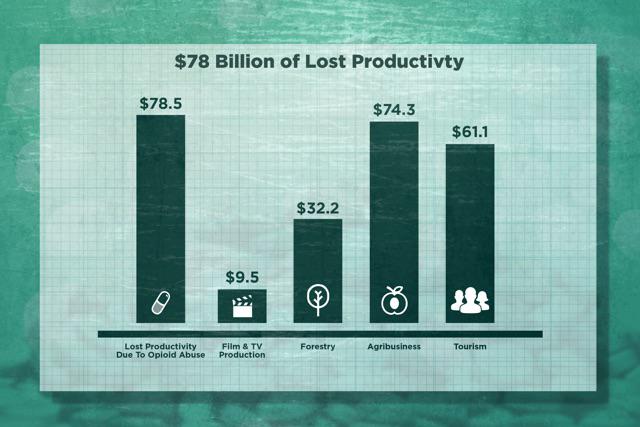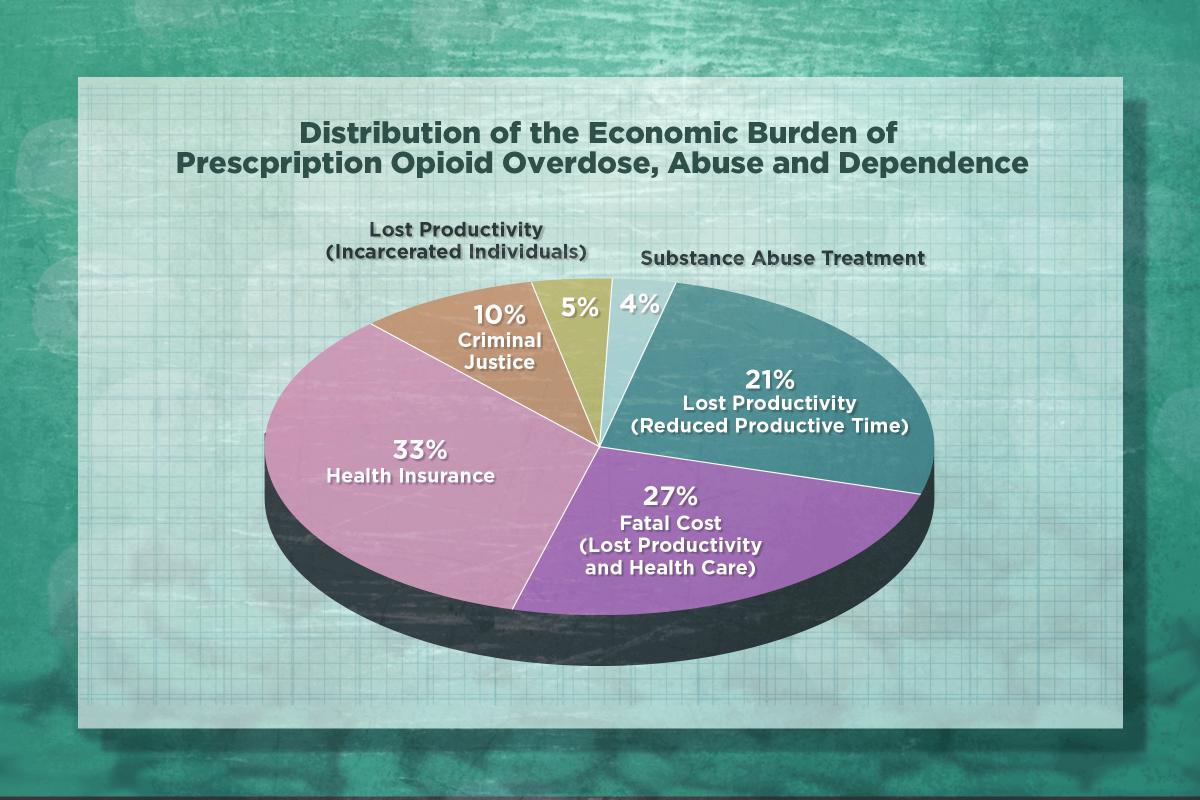gpbnews.org: The Cost of Opioid Addiction Is More Than Dollars And Cents
8/31/2017
Tucked away in northeast Georgia, Stephens County has rolling green hills, about 26,000 people…and a problem.
Job postings have gone unfilled for months as prospective employees haven’t been able to pass drug tests.
But it’s not the usual suspects like cocaine or marijuana putting an economic damper on the northeast Georgia community – it’s illegal use of prescription opioids.
"Now hiring."
Two words that are a blessing to job seekers have become a curse for Barry Roberts.
He’s the Director of Operations at ASI Southeast in Eastanollee, and is desperate to find workers who can pass a drug test.
Amidst the sounds of whirring pistons and beeping forklifts, Roberts tells me prescription opioids aren’t just keeping skilled positions unfilled at the plastics company.
“It’s very important that we can find people that are qualified to come in and do the entry-level jobs,” Roberts said. “And that’s one of the things that’s become increasingly difficult, is just to find the entry-level people.”
ASI mainly makes plastic partitions used in bathroom stalls for places like the new Braves and Falcons stadiums and the Atlanta airport, and most of the 400-plus jobs are labor-intensive.
He says there’s been a sharp increase all around Stephens County of people that aren’t passing drug tests for the same reason.
“We’re seeing more people using prescription drugs, abusing prescription drugs,” Roberts said, as we toured the factory floor. “Those are easy to get – so we’re seeing a growth in that over the past couple of years.”
It’s a conundrum for a county that only has a 4.8 percent unemployment rate, but it’s having real consequences. ASI is the largest private employer in the county, so their unfilled jobs didn’t go unnoticed. Roberts says he would go so far as to say Stephens County's economy as a whole is being affected by this drug problem. The rise in prescription opioid abuse impacts the nation’s economy, too.
A recent study by the Centers for Disease Control and Prevention says the economic cost of prescription opioid abuse was over $78 billion in 2013.
Dr. Curtis Florence, the CDC’s lead health economist and author of the study, says businesses shoulder much of the burden.
“We estimated healthcare costs per year are going to go up by more than $15,000,” Florence said. “In many cases those are costs that are going to be paid by the employer.”
On an individual level, Florence says a prescription opioid abuser earns $8,400 less a year than the average American worker. For the average fatal overdose case, there’s approximately $1.3 million in earnings that are lost.
The true economic impact prescription opioid abuse has in Stephens County and the surrounding area goes far beyond unfilled jobs and failed drug tests.
In the county seat of Toccoa, the cash-only Pittard Clinic is seeing a record number of patients coming in to treat their addictions.
It’s the only methadone clinic that serves a 50-mile radius, but clinic Medical Director Carl Smith says it’s only the tip of the iceberg.
“The majority of people who are genuine opiate addicts, probably 90-plus percent of them are not either volunteering for treatment, or don’t have ready access to treatment in these kinds of clinics.
Down the road from the clinic, gospel music floats through the speakers of Shirley’s Sole Food Café as Shirley Combs sits at the cash register.
The lifelong Toccoa resident, who also runs her own homeless shelter, has literally watched prescription opioids slowly take hold of the community.
“You can sit on the front porch on Friday evenings and watch the different people come through,” Combs said. “And it’d be people you’d never think that would come through to buy drugs.”
Shirley Combs wants you to know one thing for certain – it’s not just "low-class people" walking past her house. She says opioid abuse affects all walks of life, and it’s become a bit of a secret hidden in plain sight around town.
Because of that, she says folks don’t know how to interact with people who have the addiction, or take steps towards finding solutions.
“But the thing of it is, we have to still reach out to them,” Combs said. “Makes no difference who they are, what they are or what they do. We still need to be a community that will reach out and help them in any way that we can.”
Back on the factory floor, Barry Roberts lets out a long, deep sigh. The efforts of folks in Stephens County can only go so far to make a difference, he says.
Passion and exasperation fill his voice as he shares the same message he gave some state lawmakers earlier this year.
"I’d like to see more state money put towards addressing the opioid drug problem," Roberts said. "Because I think it’s something we’ve talked about, it’s something we realized. But if you look at the statistics, it’s still going up.
In the meantime, ASI is building a new $16 million manufacturing center right down the road from its main facility.
When it opens, one of the first things you’ll see is a sign: "Now hiring."


